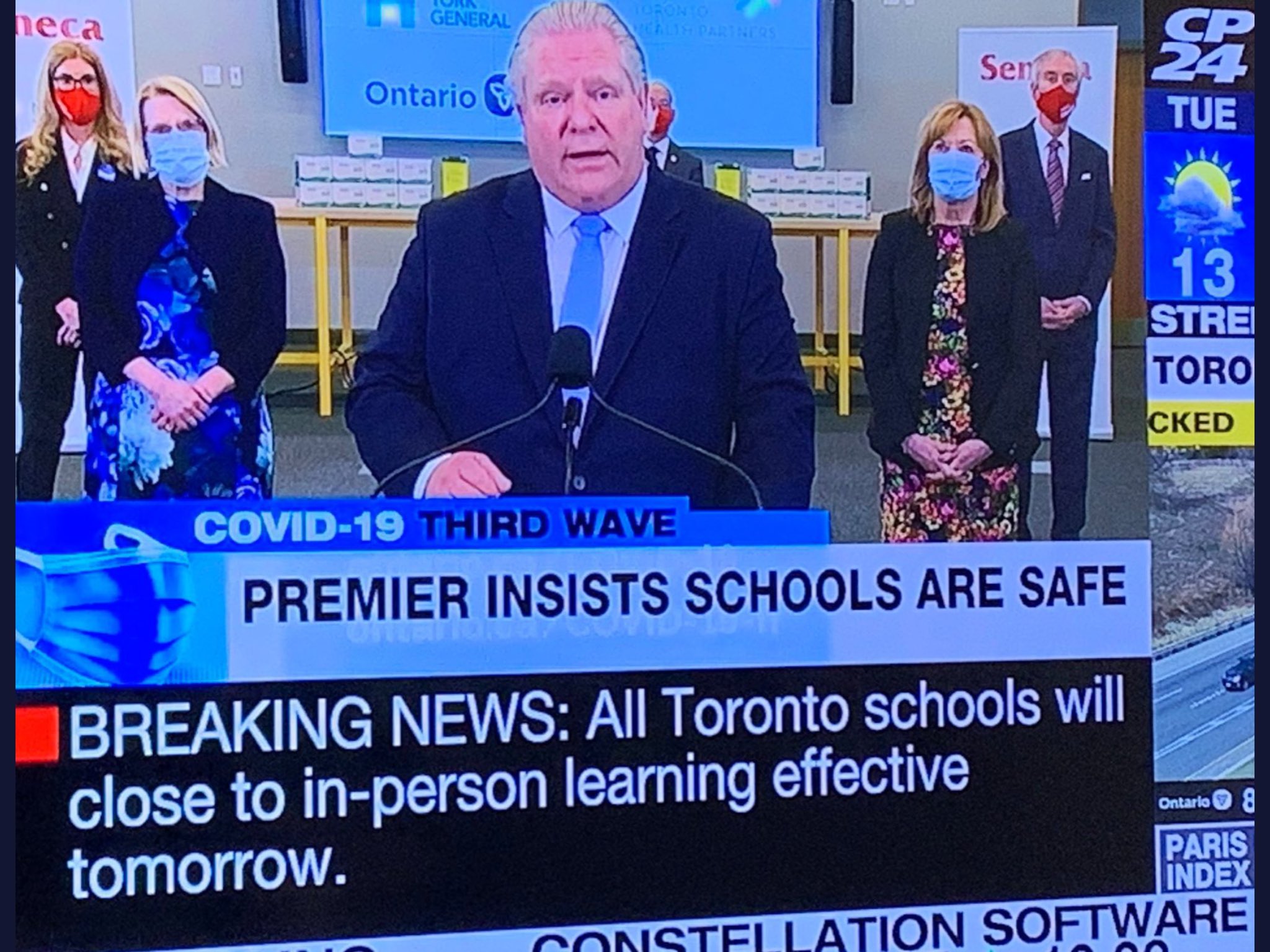seasons May 2024
This May seemed more like dismay, and there is not a thing we can do about it. It’s in the books.
As the sun sets on our 9th month of teaching for this school year, I am finding it hard not to mumble a bit more due to fatigue. It’s not just mumbling either. To be transparent here, I am speaking a bit more slowly, writing a bit more slowly, teaching a bit more slowly, assessing a bit more slowly, and on top of it all, I seem to be walking a bit more slowly too. Now before you dial 911 on my behalf, I am otherwise in passable physical condition. I have cut down on the caffeine, tried to be more active, and have increased my sleep times. Despite that little health flex, everything is just happening a little more slowly.
My friend commented that I might be suffering from A.G.E.. Bwahahahahaha!
If this was my first year in the classroom, I might have needed to take a day to visit the doctor, but I know that the way I feel as June draws nigh, is largely a function of time; time of year, and time in environment. Definitively and definitely.
So how could these two factors be the cause of my compounded confusion? It’s simple. So far, there have been 170+/- instructional days to plan, deliver, assess, and repeat subject over subject. Even with a fairly balanced amount of holidays, PA days, breaks, personal illness, family illness, and weekends this work takes its toll on body and mind. These past few weeks have come with a certain heaviness and have me feeling like it is a good time to hibernate rather than frolic in the fields. I find myself really craving quiet solace instead of seasonal solstice.
Regardless of the current sources of my discombobulation, it seems like I can’t be the only one feeling this right now. Come to think of it, I have been noticing that there is a different set of seasons in this job. Here’s what it feels like as I type this post;
Sept to late October = Spring
late October to March = Winter
March to May = Spring, then Winter again
June = Spring, then Summer
This may not line up meteorologically or anywhere else except in my perception of education, but my physio-emotional barometer has read like this pretty consistently year over year.
Maybe a better way to make sense of my seasons can come from acknowledging that we all have them and go through them in our own way. Truth be shared, my quasi-psyentific explanation above is quite falsifiable. Could this all be more a function of my current situation with another round of reports due soon? Is the internal weather that I am experiencing only a mental anomaly? Why am I struggling instead of dancing down the hallways with only one month of school left? I think there are three big reasons.
First, the past 9 months have taken a toll on me mentally and physically. Running teams, mentoring sessions, and clubs in addition to the planning, instruction, and assessment comes with its costs. Time is finite and so are energy levels. The need to fill our tanks is undeniable. I also would not have it any other way.
Secondly, there is a lot going on in June. Reports, EQAO, room moves for some, grads, school moves for others, and of course an extra demanding challenge of keeping the learning happening as the temperatures continue to rise. I have resorted to a resort styled wardrobe to beat the heat. Classy and cool.
Thirdly, I am going to miss my students. Like every year, this group has really grown on me and we have come so far together.
As I try to snap myself out of this odd out of season stupor and into true June mode I am going to double up on my down time, continue to teach a little more slowly, linger longer in conversations with my learners, and take a little more time to take each of the coming moments all in knowing that another season is already on its way.


